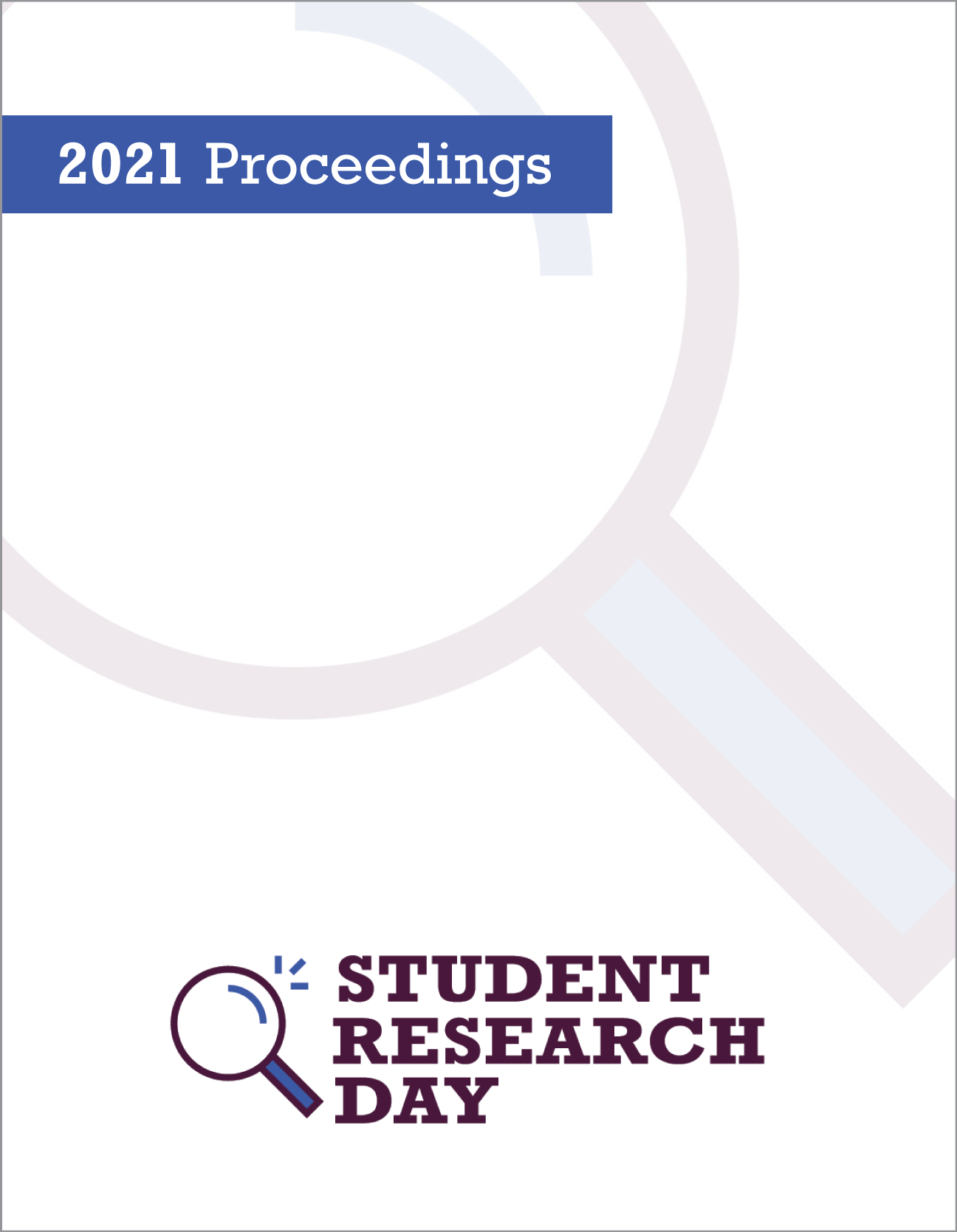Sensitivity in Face Perception with Masked Faces
Abstract
COVID has affected every aspect of our lives. The imposed protocols have drastically restricted the ways we are allowed to interact. When people do have a chance to socialize, the use of surgical masks has become normative. Along with acting as a protective barrier against the virus, surgical masks also act as a visual barrier that blocks the reception of information critical for the formation of our perceptions. A recent study by (Freud, et al., 2020) examined the effect that surgical masks have on face recognizability. This study found that recognizability of masked faces was markedly lower. The decrease in recognizability of masked faces indicates that masks likely disrupt holistic processing. The present study will examine if masked faces are more recognizable when they are moving (dynamic). We hypothesize that dynamic-masked faces will convey cheek, nose and jaw dimensions, giving the perceiver more elements to bind together, or motion itself could be an element that becomes integrated into holistic processing. We are also interested in determining how emotional identification is altered when the face is covered by a mask. In accordance with previous literature, we hypothesize that masks impair the recognition of disgust, happiness, surprise and fear, while increasing the recognition of anger and sadness (Guarnara et al., 2017). Our goal is to leverage the restrictions we are experiencing due to COVID, to prove that human perceptual systems integrate dynamic information to more accurately recognize faces, while also investigating the emotional perceptions of masked interactions.
Department: Psychology
Faculty Mentor: Dr. Michelle Jarick
References
Published
Issue
Section
License
Authors retain any and all existing copyright to works contributed to these proceedings.



